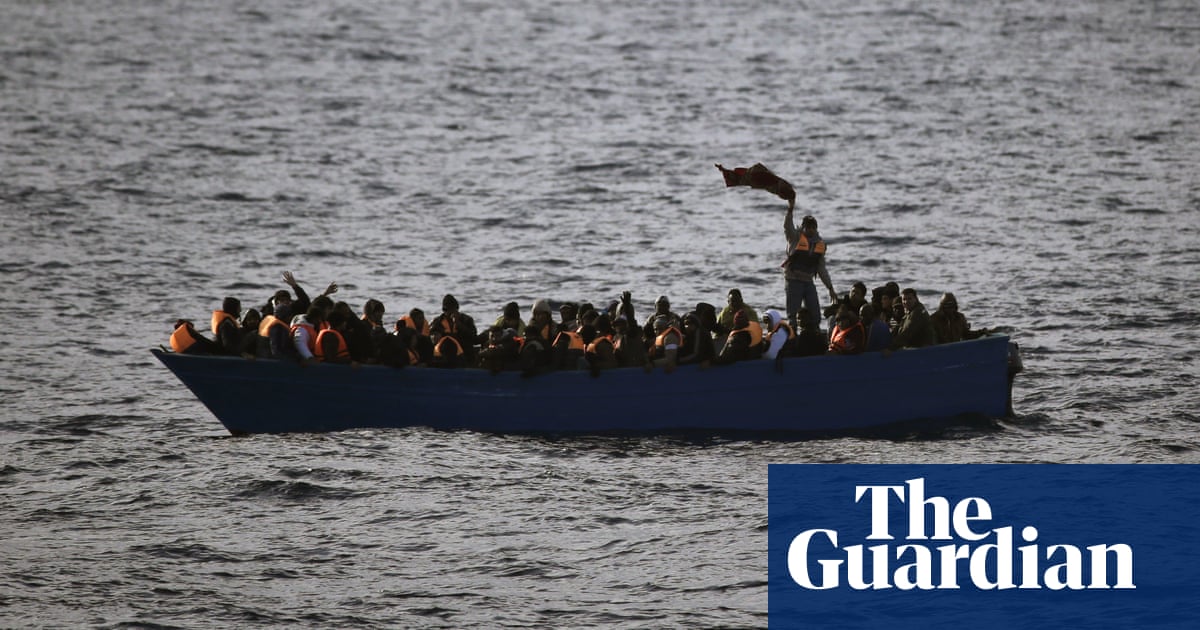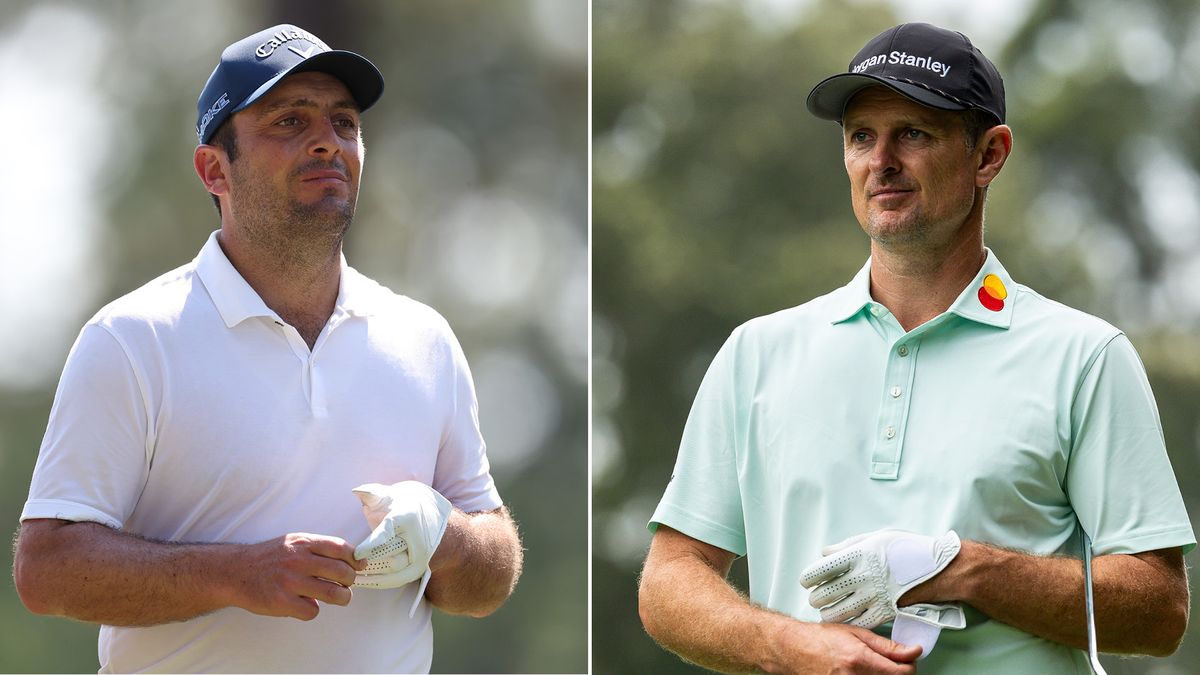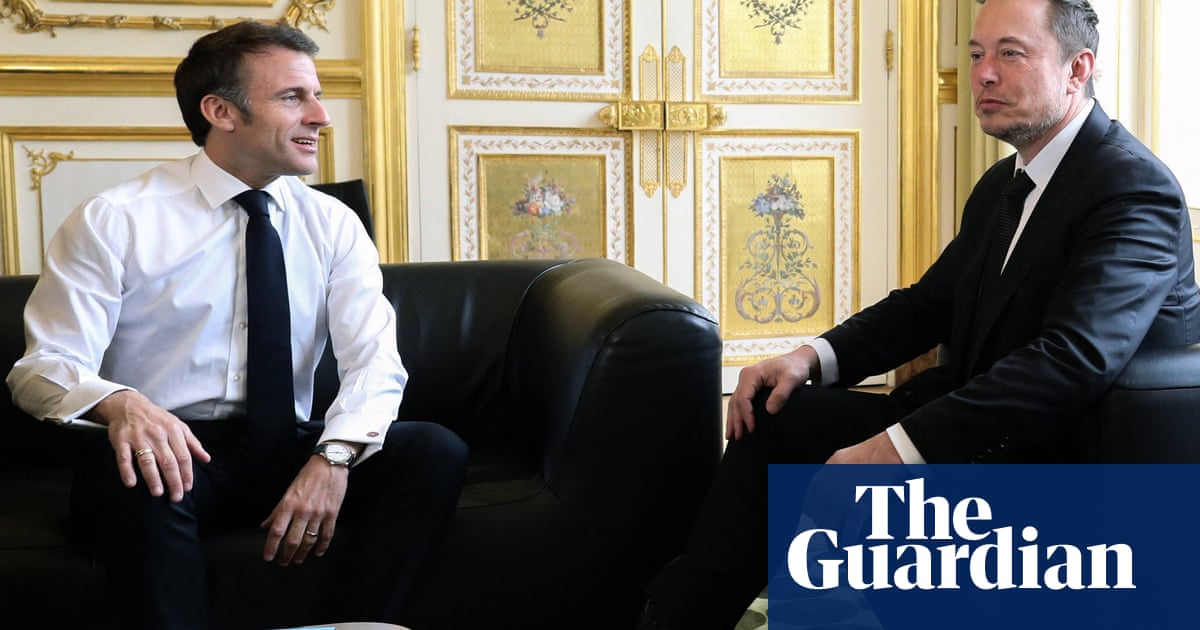World
EU fund to stem migration from Africa ‘fails to address risks’ – watchdog

A €5bn EU fund aiming to stem the mass movement of people from Africa to Europe lacks focus and fails to address the risk of human rights abusers benefiting from European money, the bloc’s spending watchdog has found.
In a report on Wednesday, the European court of auditors intensified its previous criticism of the EU trust fund for Africa, which was set up in 2015 by European leaders seeking to curb the growing numbers of people making dangerous sea crossings in an attempt to reach Europe.
While the funds have largely been spent, the criticism from the EU’s official spending watchdog carries added weight after recent EU deals with Egypt and Tunisia aimed at stopping migration and shoring up stability on Europe’s southern border.
Couched in the cautious language of auditors, the ECA report is a quietly devastating critique of one of the EU’s flagship policies, at a time when migration remains high on the political agenda. The trust fund, the auditors said, was “still not properly focused on priorities”, and spread too thinly to be effective while “human rights risks are not properly addressed”.
The ECA also questioned whether the EU-Africa trust fund had succeeded in its goal of “address[ing] the root causes of instability, forced displacement and irregular migration”.
“Even after seven years, and despite the lessons learned and a midterm review, the commission is still unable to identify and report on the most efficient and effective approaches to reducing irregular migration and forced displacements in Africa,” the report stated.
Some of the starkest findings concern Libya, where the EU has a controversial agreement to fund the country’s coastguard to carry out search and rescue operations in the Mediterranean. Migrants returned to Libya have been detained in government-run detention centres where, according to NGO reports, they have been subject to torture, sexual violence and beatings.
The ECA noted that EU-funded equipment in Libya, such as boats, could be used by people “other than the intended beneficiaries” while EU-funded cars and buses “may have facilitated the transfer of migrants” to detention centres, “exacerbating overcrowding”. Similarly, EU-funded equipment for detention centres, the ECA said, could have been sold or “may have potentially benefited criminal organisations”.
The EU audit team visited Libya, but were not able to visit a detention centre. Nor could Libyan authorities tell the auditors who was responsible for detention centres that had been closed down having previously benefited from EU funds.
More broadly, the auditors concluded that contract clauses threatening to freeze EU funds if a violation of human rights was found were “not applied systematically” especially “relating to security, border management or other sensitive activities”.
The auditors said the commission had no “formal procedures for reporting and assessing alleged human rights violations” and urged it to fill this gap.
“We found that human rights risk had not been comprehensively addressed by the commission,” said Bettina Jakobsen, the ECA member who led the audit. She added that the commission had “done what it could” by hiring a third-party organisation to monitor human rights in Libya, but there was still “a lack of formal procedures at the commission for reporting, recording and following up on allegations of human rights violations in relation to EU-funded projects”.
Since its launch in 2015, the trust fund has funded projects in 27 countries. While €4.4bn comes from the EU budget, the remainder comes from national governments, including Switzerland, Norway and the UK. David Cameron, the former UK prime minister, who signed the UK up to the trust fund, said at the time that a “real partnership” was needed “with the countries from which these people are coming” to try to stem the numbers of people trying to reach Europe.
Last week, on a visit to Italy, Keir Starmer, the current UK prime minister, said he was impressed with the “upstream work” done by Giorgia Meloni’s government aimed at stopping people coming to Europe.
Nearly nine years after the plan was announced at a high-profile summit in Valletta, the ECA concluded not enough projects were linked to “the most urgent aspects of the migration crisis”. It cited the example of an EU-funded music radio station in the Sahel. In an unnamed country, a school without any electricity supply was provided with a blender.
after newsletter promotion
In other cases, projects ran aground with no apparent follow-up. In 2021 the EU funded a solar-power chicken shed big enough for 1,000 birds and slaughter house in the Lake Chad and Sahel region. When auditors visited it was empty and the youth association running the project said it wasn’t economically viable.
A sample of 115 EU-backed business, infrastructure and equipment investments assessed by the ECA found that 33 were no longer operational and 66 were at risk of closing down or falling out of use.
Jakobsen said EU-funded projects had partially achieved their objectives, but overall outcomes could not be measured.
“The scope of the fund is so broad that it can almost fund everything in development, humanitarian aid and security, which makes it perhaps a little bit difficult to say that it has achieved all the output that it would like. It has resulted in output, but the outcome could not be measured and the sustainability was not there.”
In a statement the commission said respect of human rights was considered at every stage of a project and that it examined incidents of alleged abuses “on a case-by-case basis” based on substantiated evidence. “However, the commission recognises that this procedure should be further strengthened and formally documented as recommended by ECA.”
The commission added that in Libya, “it operates in a fast evolving political and security context where suspending EU assistance is unlikely to improve the situation”.
It added that the trust fund had “already delivered a significant share of its planned outputs” and that the commission was applying lessons learned in current and future EU programmes.










